Preserve, Don’t Clean: Why You Shouldn't Clean Collectible Coins
Written by
QMINT
Published on
November 6, 2024
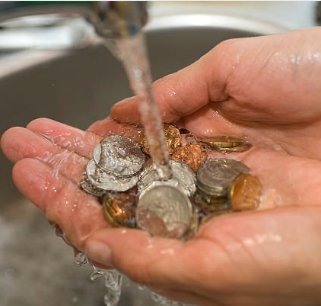
Cleaning collectible coins can be a costly mistake, reducing their value by damaging their surface and removing the unique patina that makes them historically and aesthetically significant. At Queensland Mint, we advise collectors to focus on handling coins properly, storing them carefully, and seeking professional conservation when needed. This guide provides essential insights into why preserving the original condition of coins is key to maintaining their worth and appeal.
Preserve, Don’t Clean: How to Care for Your Collectible Coins
Collecting coins is not just about owning precious metals; it’s about preserving history. But one of the most common mistakes collectors make is attempting to clean their coins, believing it will enhance their appearance and value. At Queensland Mint, we emphasise the importance of keeping coins in their original condition. Here’s why cleaning coins can be detrimental and how to care for your collection instead.
The Importance of Patina and Original Surfaces
Coins develop a patina over time, which is a natural layer formed by oxidation and exposure to the elements. This patina gives coins a distinct look and adds to their historical charm. Whether it’s a warm golden tone on gold coins, a rich grey on silver, or a deep brown on copper, patina tells the story of a coin's journey through time. Removing this layer not only erases its history but also makes it less appealing to collectors and can significantly reduce its market value.
Why Does Patina Matter?
- It signifies a coin’s age and authenticity.
- It can enhance the aesthetic appeal, in many cases making the coins more attractive to collectors.
- Grading services consider the originality of a coin’s surface; signs of cleaning can lead to a lower grade and diminished value.
The Risks of Cleaning Coins
Many collectors think that removing tarnish or dirt will restore a coin’s luster. However, improper cleaning can cause irreparable damage. Abrasive materials and harsh chemicals leave scratches, hairline fractures, or discoloration. Even gentle scrubbing can cause micro-scratches that are detectable under magnification and can devalue the coin significantly.
Common Mistakes and Their Consequences:
- Using Abrasive Cloths: Causes surface scratching, which lowers the coin's grade.
- Chemical Cleaning: Can lead to chemical reactions that permanently alter the coin’s surface.
- Polishing: Strips the coin of its natural patina, leaving an unnatural shine that numismatists find undesirable.
Professional Conservation vs. DIY Cleaning
If you feel that a coin needs cleaning, consult a professional conservation service. These experts use advanced techniques to clean and restore coins without compromising their value. DIY cleaning methods, such as soapy water or baking soda, may seem harmless but often do more harm than good. Especially for rare or historically significant coins, professional care is essential.
How to Properly Care for Your Coins
Instead of cleaning, prioritise proper handling and storage to protect your coins from damage.
Handling Coins
- Use Gloves: Always wear cotton or latex gloves to prevent oils from your skin from transferring to the coin's surface.
- Hold Coins by the Edges: Avoid touching the face to minimize the risk of leaving fingerprints or causing scratches.
Storage Tips
- Use Coin Holders: Invest in protective holders, albums, or capsules designed specifically for coin storage to shield them from dust and humidity.
- Control the Environment: Store your coins in a cool, dry place, away from direct sunlight. Consider using silica gel packs to manage humidity levels and prevent tarnishing.
Display Considerations
- Limit Light Exposure: Prolonged exposure to light can fade coins, especially copper ones. Ensure display cases have UV protection.
- Separate Coins: Store coins individually to prevent them from rubbing against each other, which can cause scratches and wear.
The Role of Professional Grading
Grading services assess a coin’s condition, authenticity, and originality. They can easily detect cleaned or altered coins, which often results in a lower grade. To maximize the value of your collection, keep your coins in their original, uncleaned state and have them graded by a reputable service if you’re looking to sell or validate their worth.
Conclusion: Handle With Care, Don’t Clean
At Queensland Mint, we understand the temptation to clean coins, but the best way to preserve their value is to leave them untouched. Focus on proper handling, secure storage, and consult professionals if conservation is necessary. Remember, each coin has a story, and maintaining its original condition keeps that story alive.
For expert advice on coin handling, storage, and conservation, or to learn more about our services, call Queensland Mint at 07 3184 8300. Let us help you protect and cherish your collection for generations to come.
Key Learnings
- Preserve Original Surfaces: The natural patina adds historical value and appeal; cleaning can strip this away.
- Impact on Grading: Cleaning often results in a lower grade, significantly reducing a coin’s market value.
- Professional Conservation: If necessary, professional cleaning services are the safest option to maintain a coin's integrity.
- Proper Storage: Investing in high-quality storage solutions prevents the need for cleaning and keeps coins in pristine condition.
Who Will Benefit from This Article?
- Coin Collectors: Those who want to keep their collectible coins in optimal condition and understand why cleaning is harmful.
- Investors: Individuals interested in preserving the future value of their rare coin investments.
- Numismatists: Enthusiasts who appreciate the historical and aesthetic significance of unaltered coins.
- New Collectors: Beginners who are learning the best practices for caring for and storing coins.
By following these guidelines, you can ensure your coins remain valuable and cherished for years to come.
Financial Disclaimer
This article provides general information about coin preservation and is not financial advice. For personalised advice regarding the care of valuable collectibles, consult one of our experts. Queensland Mint offers expertise in precious metals and coin conservation but recommends speaking with a financial advisor for investment-related decisions.
Related post
More post
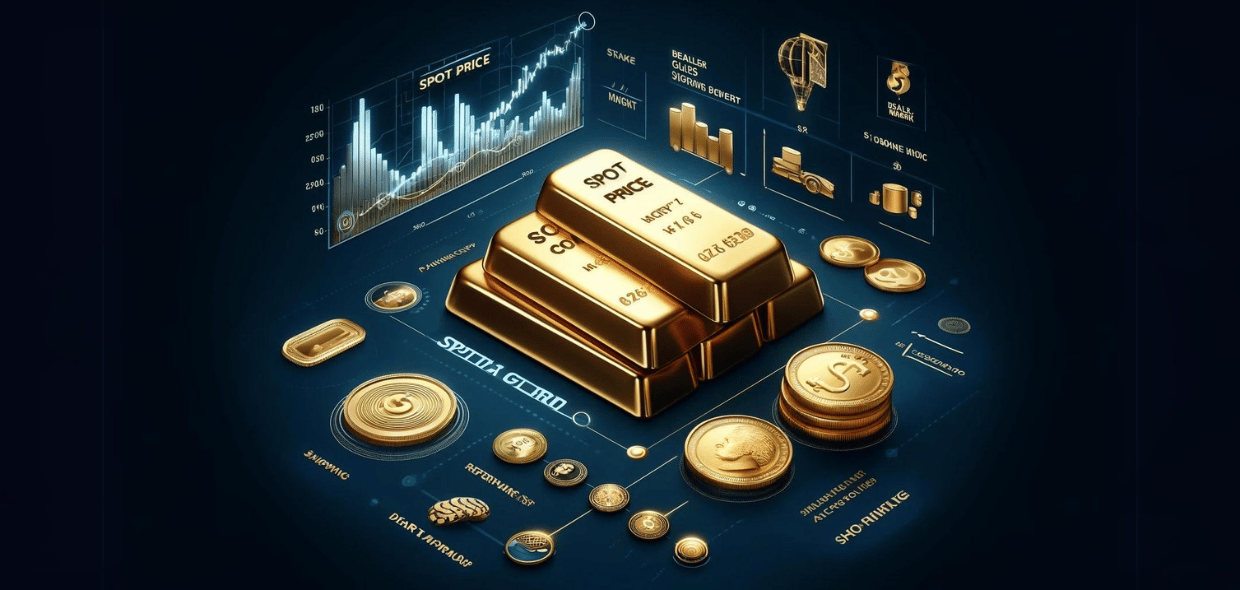
QMINT
June 7, 2024
Can You Buy Gold at Spot Price? Understanding the True Costs
Discover why buying gold at spot price isn't as straightforward as it seems. Learn about dealer markups, processing costs, and other factors affecting the final price of gold.
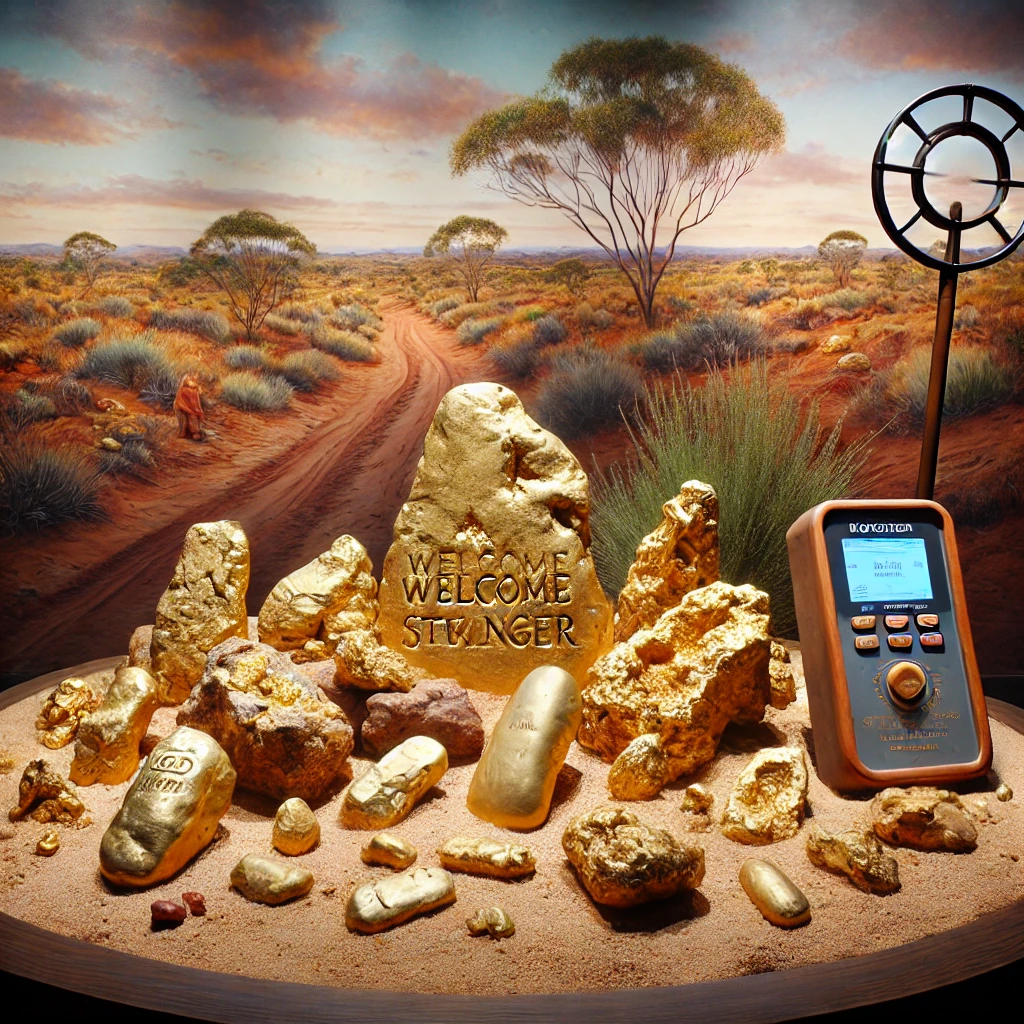
QMINT
October 16, 2024
Uncovering Australia’s Legendary Gold Nuggets: A Journey Through History
Australia has a rich history of producing some of the world’s most famous and valuable gold nuggets. These remarkable discoveries, such as the "Welcome Stranger" and Queensland's own "Curtis Nugget," have shaped the nation’s golden legacy. This article delves into the fascinating stories behind these iconic finds, while also offering insights on how modern prospectors can continue this golden tradition. At Queensland Mint, we equip you with the best tools to explore Australia’s gold-rich soils, helping you secure your place in the next chapter of gold discovery.
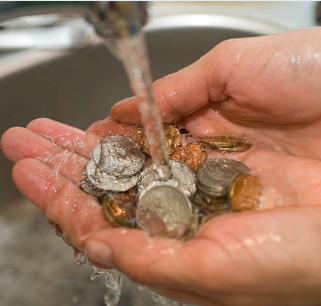
QMINT
November 6, 2024
Preserve, Don’t Clean: Why You Shouldn't Clean Collectible Coins
Cleaning collectible coins can be a costly mistake, reducing their value by damaging their surface and removing the unique patina that makes them historically and aesthetically significant. At Queensland Mint, we advise collectors to focus on handling coins properly, storing them carefully, and seeking professional conservation when needed. This guide provides essential insights into why preserving the original condition of coins is key to maintaining their worth and appeal.
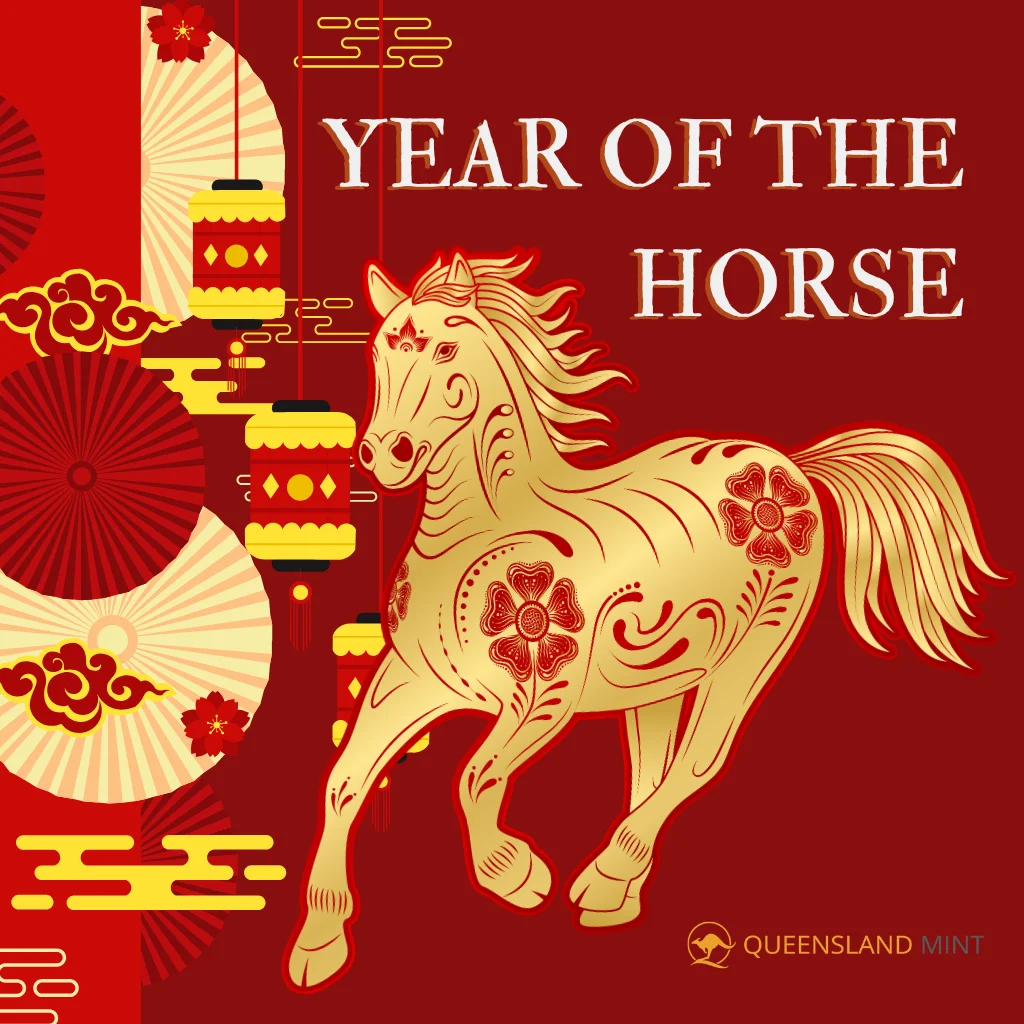
QMINT
September 9, 2025
The Legend of the Lunar Horse: A Tale of Spirit and Strength

QMINT
December 5, 2025